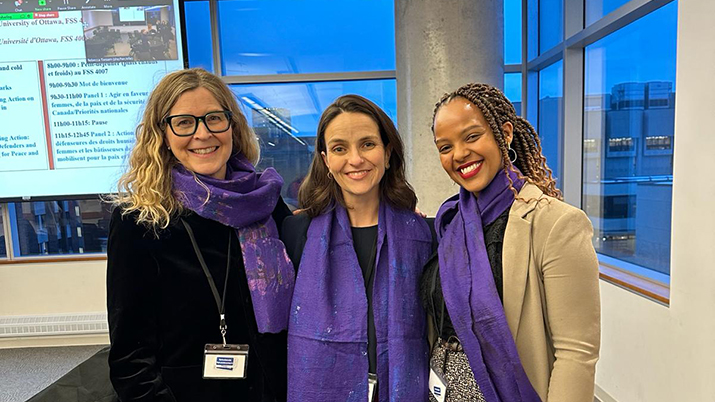The University of British Columbia (UBC) continues to perform well in international rankings. In the 2020 Times Higher Education subject rankings, UBC placed first in Canada and seventh globally out of more than 850 participating institutions from 89 countries across six continents.
The Times Higher Education University Impact Rankings are the only global performance tables that assess universities against the United Nations’ 17 Sustainable Development Goals (SDGs). In addition to its overall ranking, UBC placed particularly well in the following three categories:
- First in “Climate Action”
- First in “Life below Water”
- Third in “Life on Land”
UBC President and Vice-Chancellor Santa J. Ono stated: “I’m pleased that UBC continues to stand out in the Times Higher Education impact rankings. The result speaks to the incredible work by our faculty, students and staff in responding to the world’s most pressing issues.”
The School of Public Policy and Global Affairs (SPPGA) aspires to enhance UBC’s role in pursuing excellence in research, learning, and engagement to advance a sustainable and just society and address some of the world’s most urgent issues such as climate change. Last September, we issued a statement of support for the Global Climate Strike and proceeded with a series of internal discussions among faculty, staff, and students on how our school can rethink our impact on the planet.
Many of our SPPGA researchers are generating new knowledge and informing solutions that help address aspects of climate change, such as Professor George Hoberg and Associate Professor David Boyd (SPPGA; IRES). Others are helping to manage and protect our land and water environments, such as Assistant Professor Nadja Kunz (SPPGA; Mining Engineering), Professor Navin Ramankutty (SPPGA; IRES), and Professor Rashid Sumaila (SPPGA; IOF). Learn more about the work of our SPPGA Faculty.
Recognizing the urgency of climate action, UBC recently declared a climate emergency and is moving forward on two key divestment initiatives which builds on its internationally renowned record for action on sustainability and climate change. UBC has long sought to integrate the SDGs into campus planning and activities, working to shrink its environmental footprint and reduce waste. The university is on course to achieve zero net emissions by 2050, thanks in large part to green energy initiatives including a biomass facility that reduces reliance on natural gas and a net zero-energy “passive house” for faculty and staff housing.


